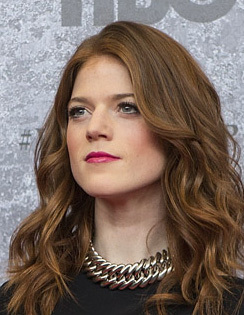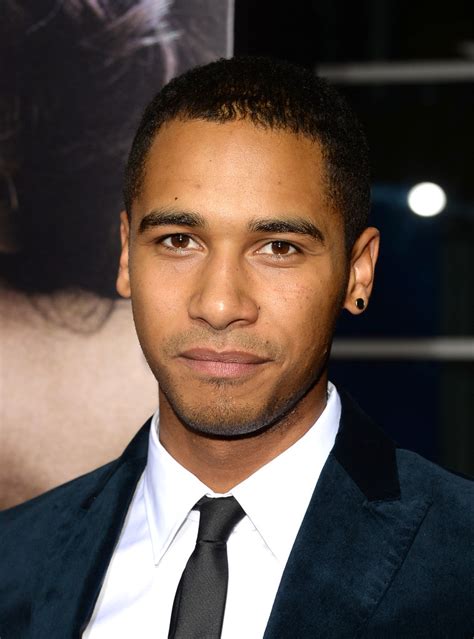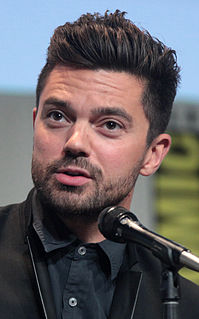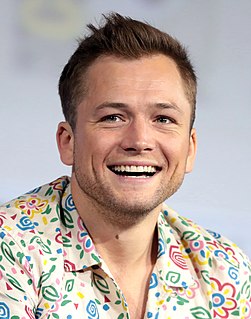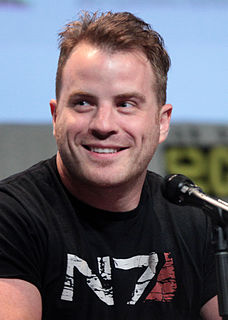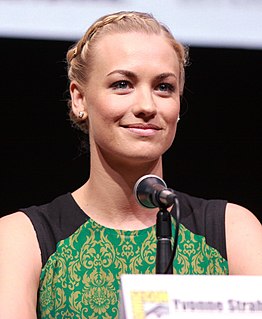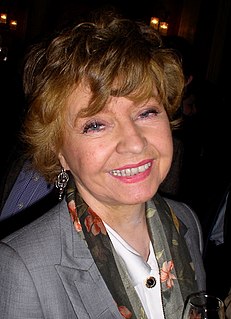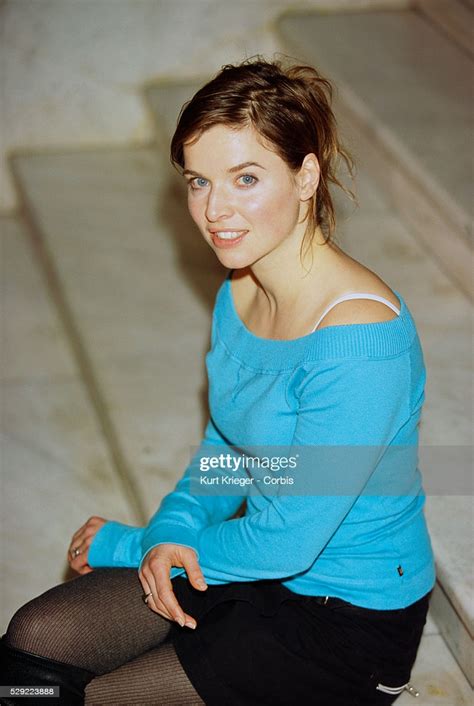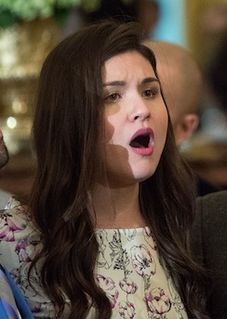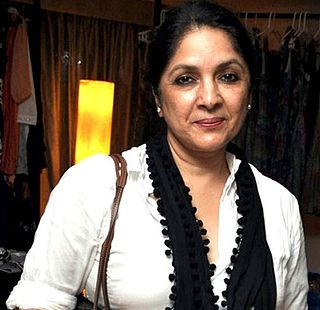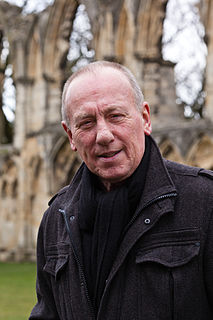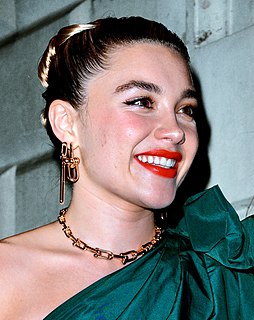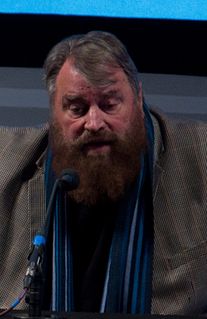A Quote by Rose Leslie
I was very fortunate to have gone to drama school in London for three years, and that was classical training in the sense that a lot of it was dominated by stage work, so I would love to go back to stage.
Related Quotes
The headmistress was a very well-respected theater teacher. She taught me what stage left and stage right were, what a director was, and what all these things meant, which was something I had no concept of. She sent me off to drama school, at age 18, and I stayed there for three years. Before I knew it, I was working on a TV show.
Classical is a more refined and structured dance form. Folk is made for celebration. That's not a very competitive dance form. Though you can bring classical on stage, folk becomes limited. Like you would love to do bhangra and garba at parties, but when you see it on stage, it is very limited in terms of movements.
I stayed a year in the sixth form and there was talk of Cambridge, but I wanted to go to drama school. At 17 and three months I went to the Old Vic School in London. This most remarkable and brilliant drama school lasted only six years because the Old Vic Theatre hadn't the money to go on funding it.
I think it's very valuable as an actor to throw yourself back into having that direct connection with an audience on-stage and work that muscle. It is a very different type of work and equally fascinating. I mean, I've very much in love with filmmaking because I really love the way you can tell stories with a camera and how music and everything contributes to the story in a very direct way. But I also think it's very valuable to come back to theatre, so if the right script came along I would love to come back to London and do some more.
